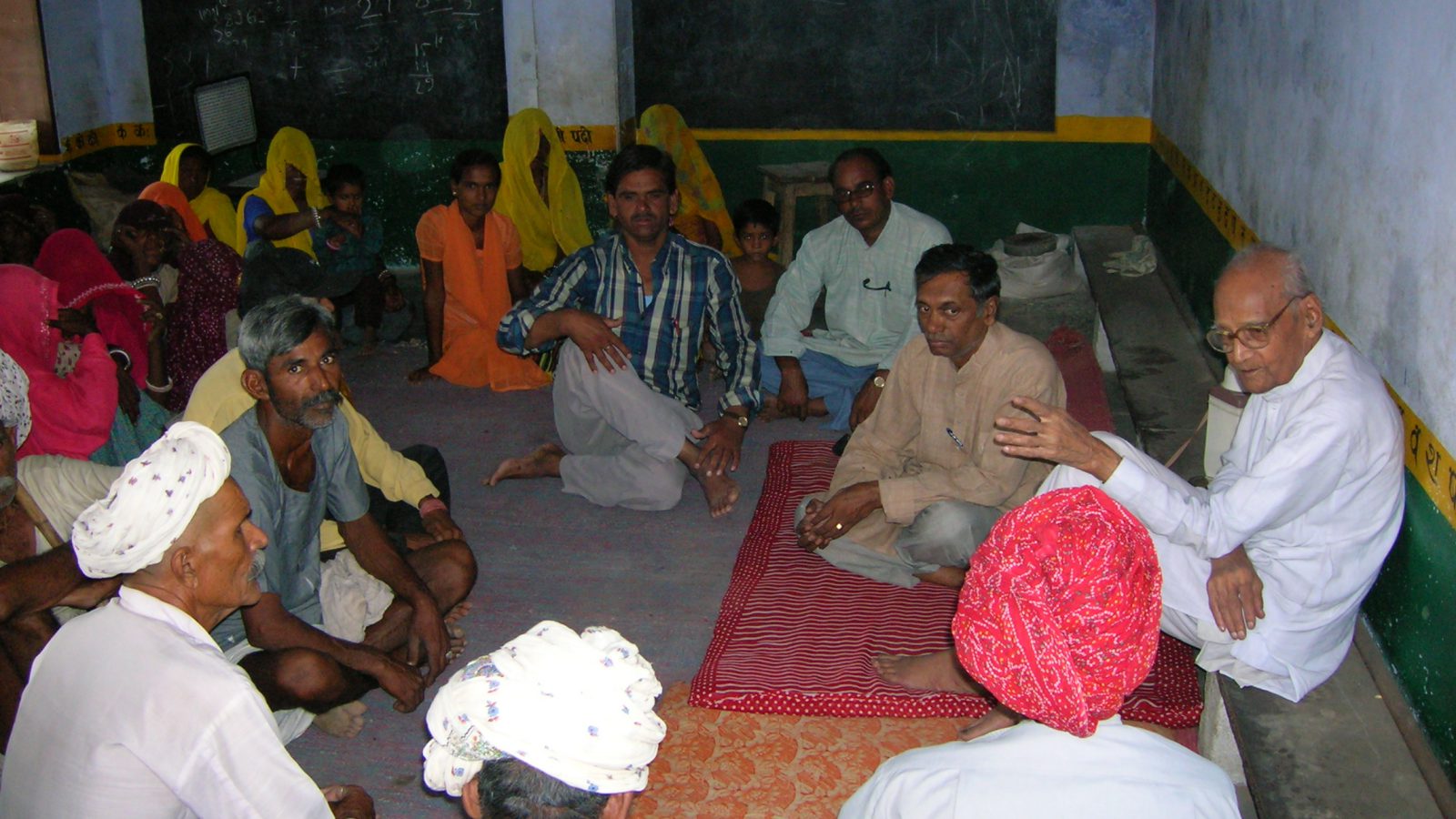
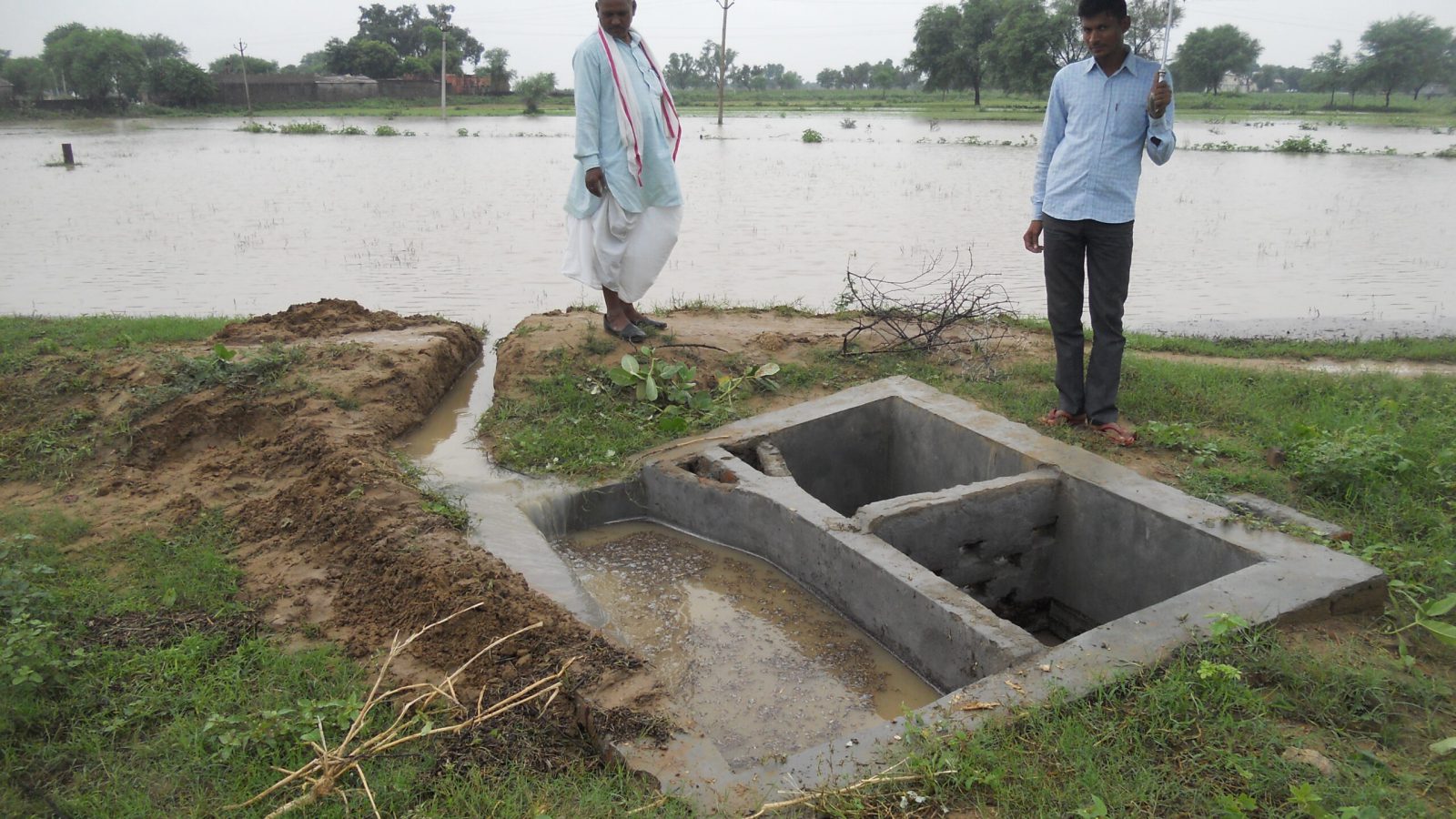
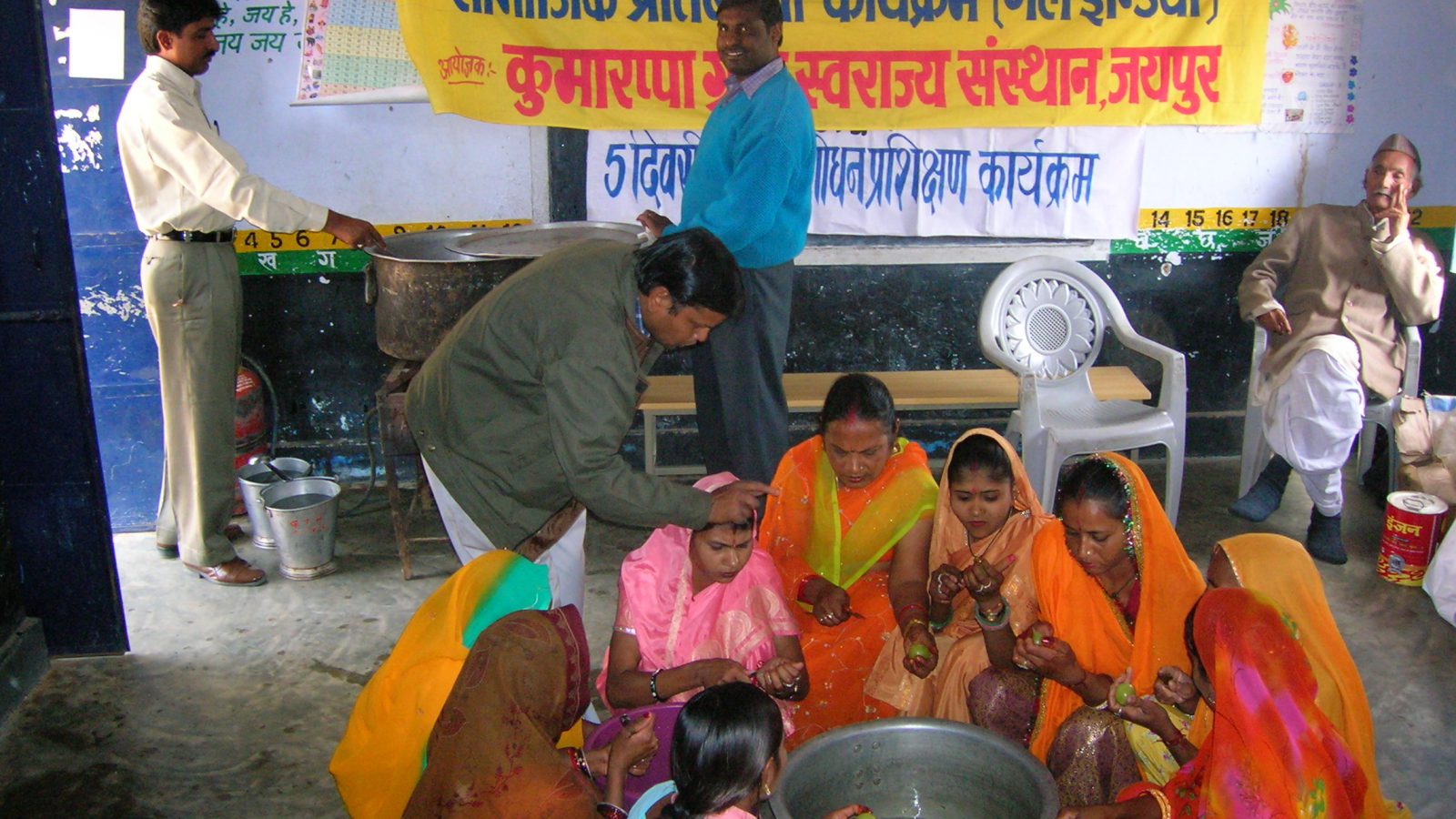
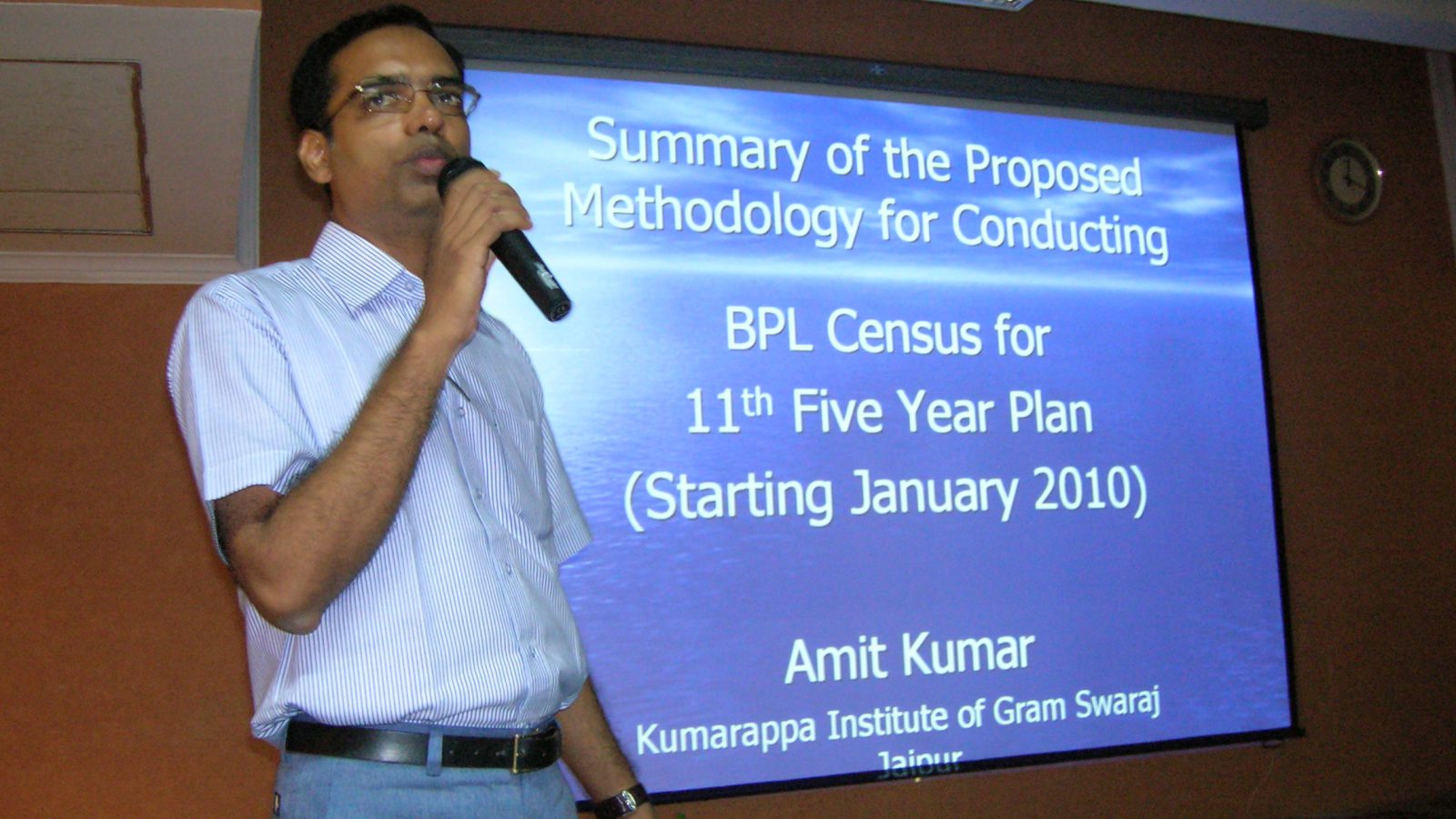
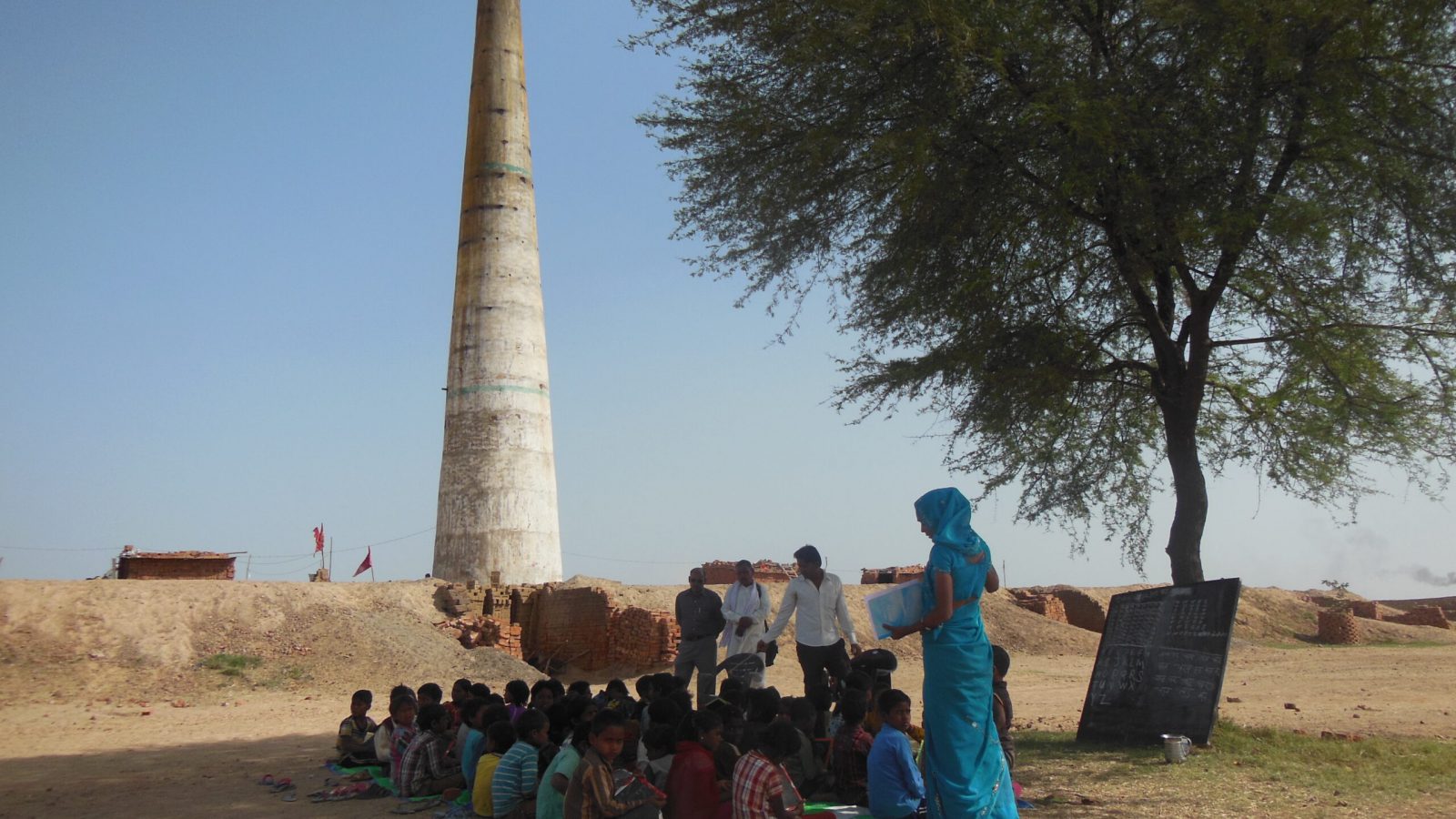
Kumarappa Gram Swaraj Sansthan
(@Kumarappa Institute of Gram Swaraj)
Making Sustainable Development Happen
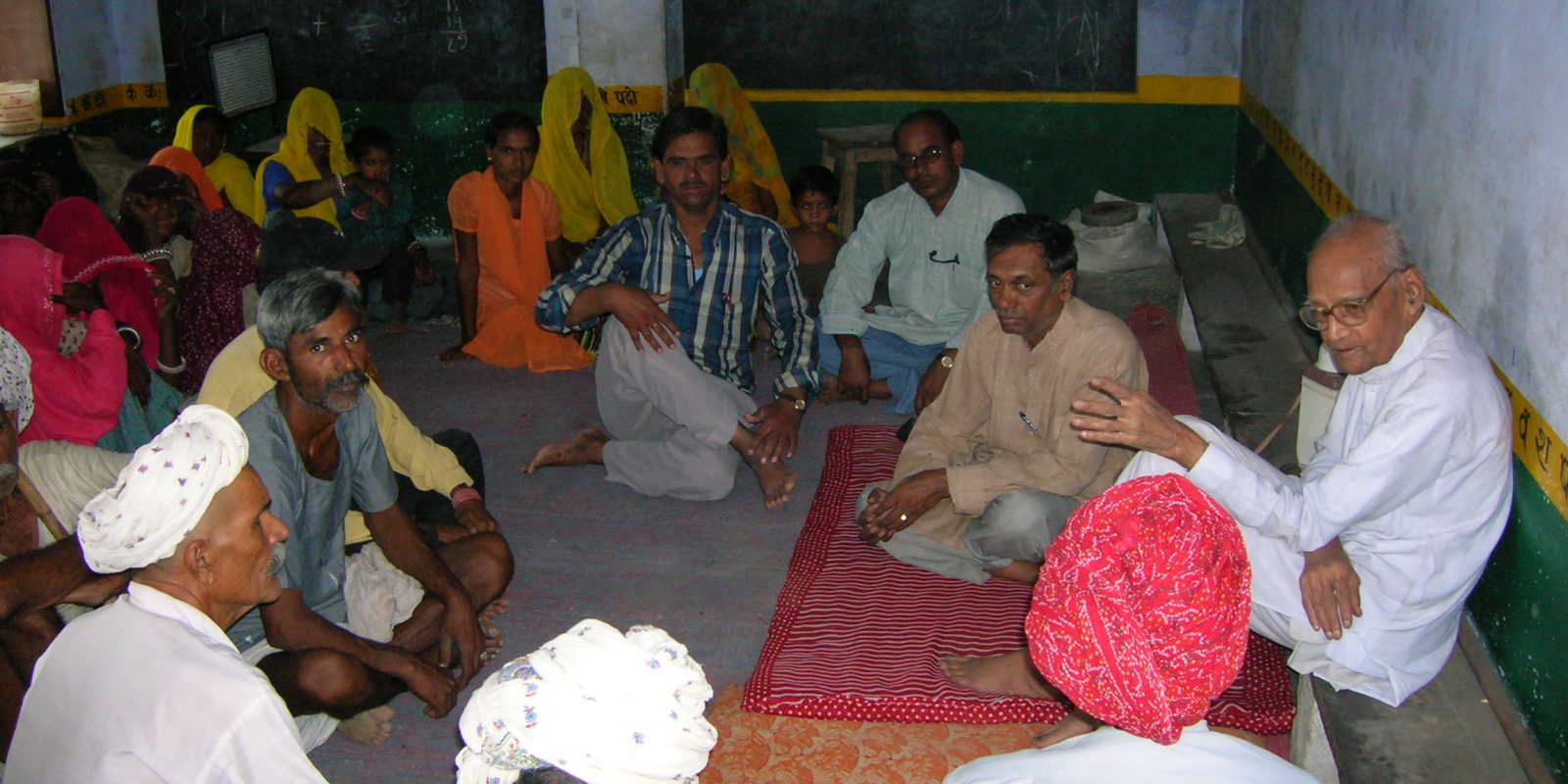
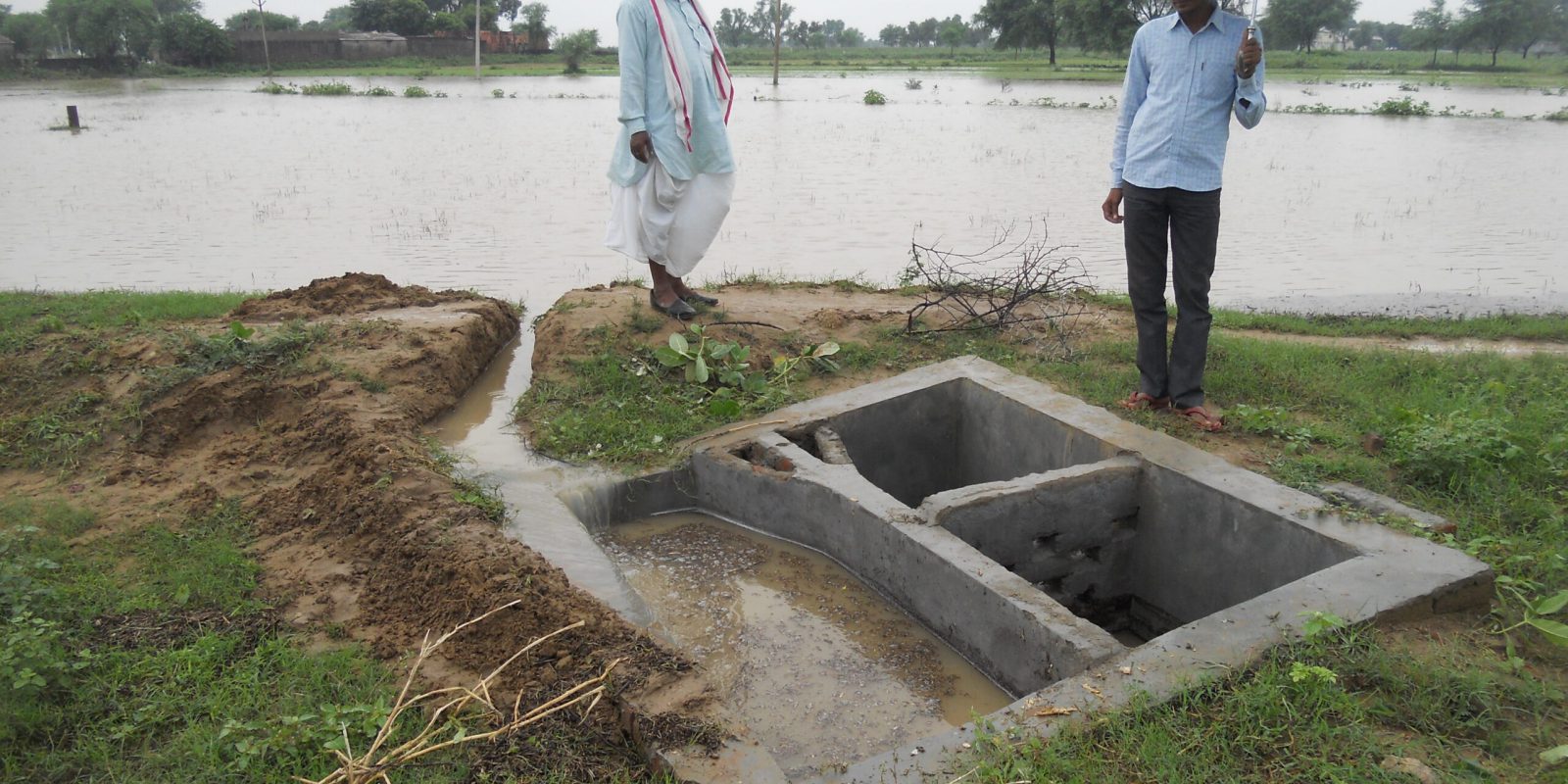
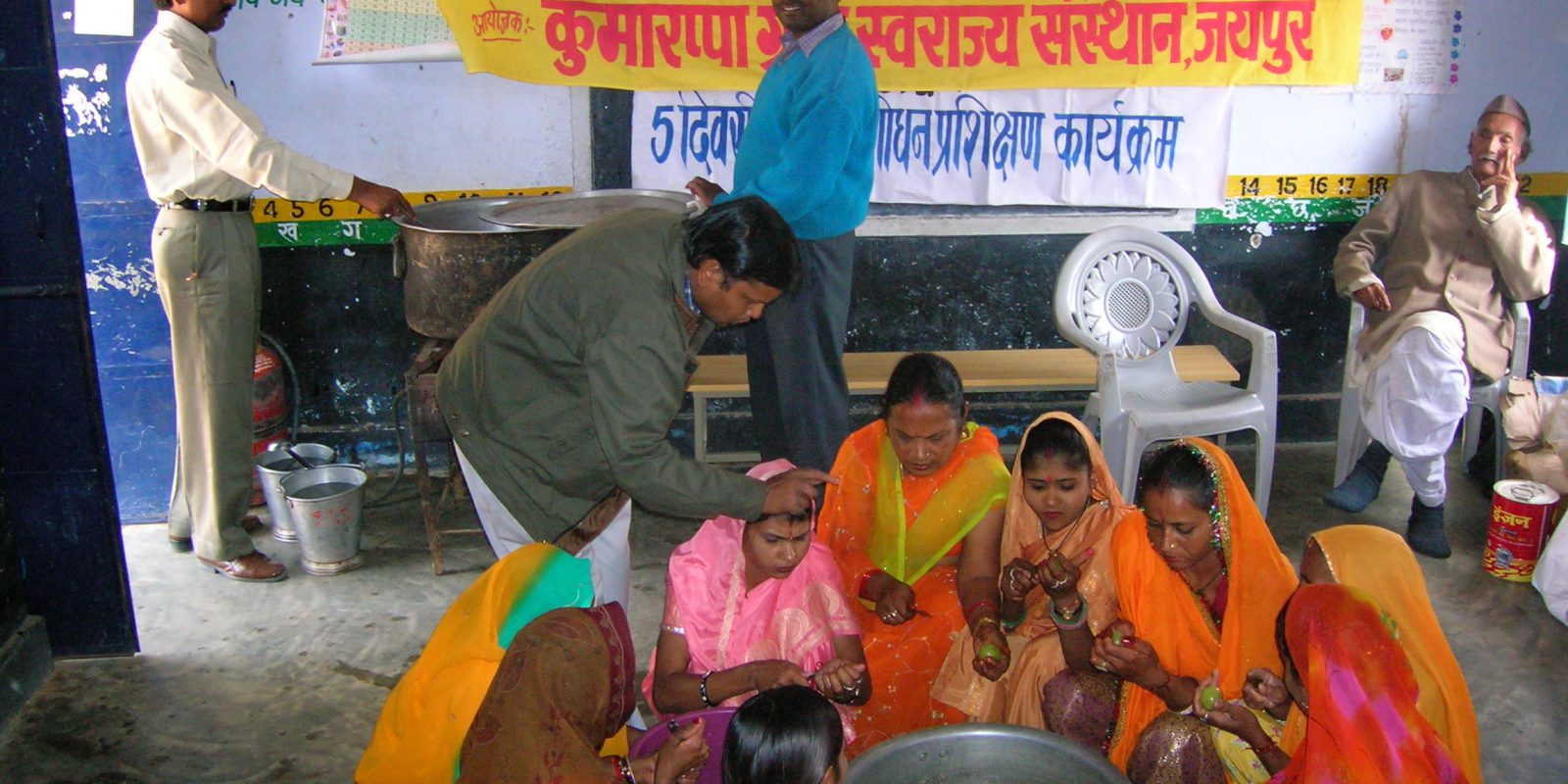
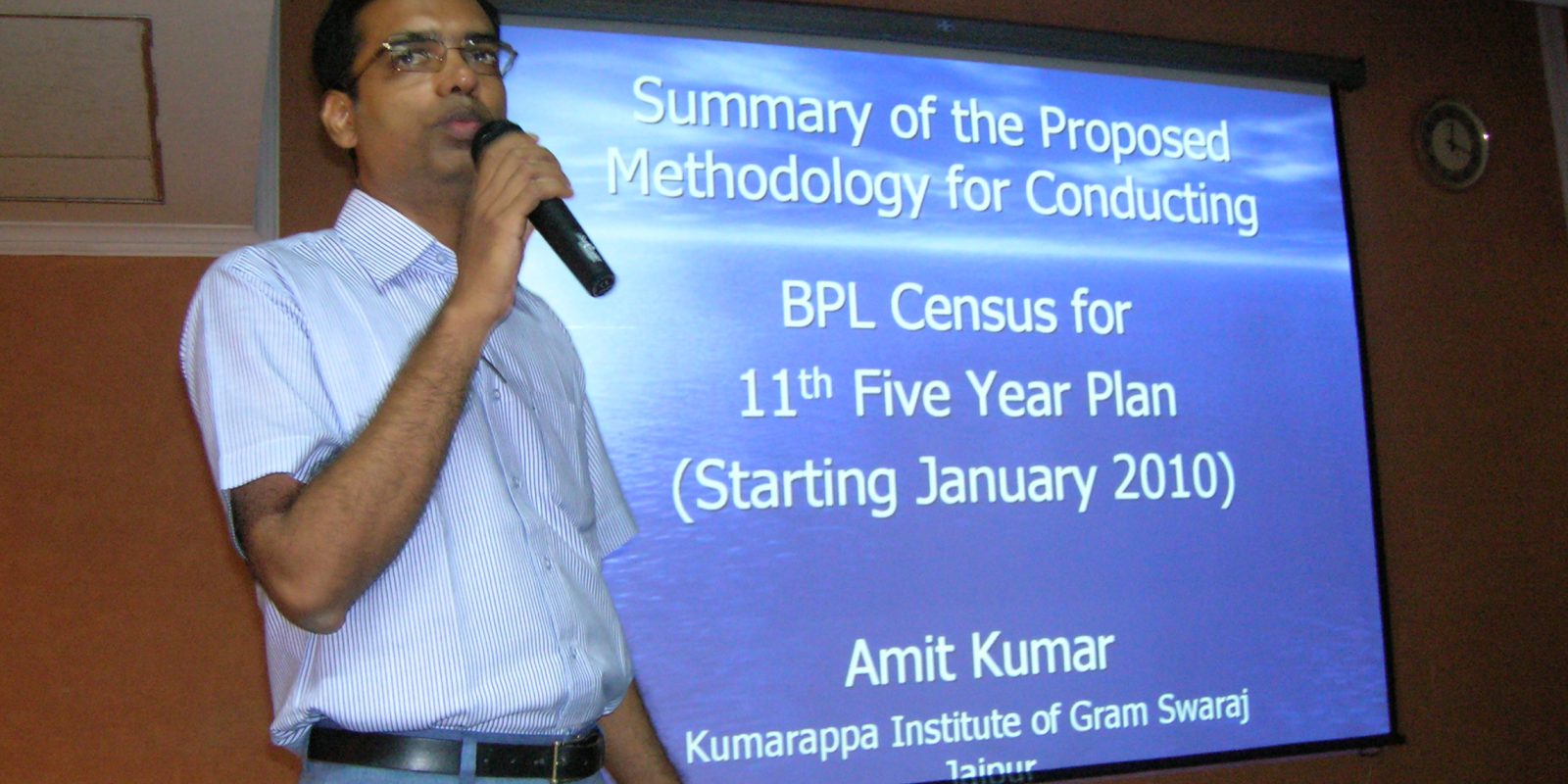
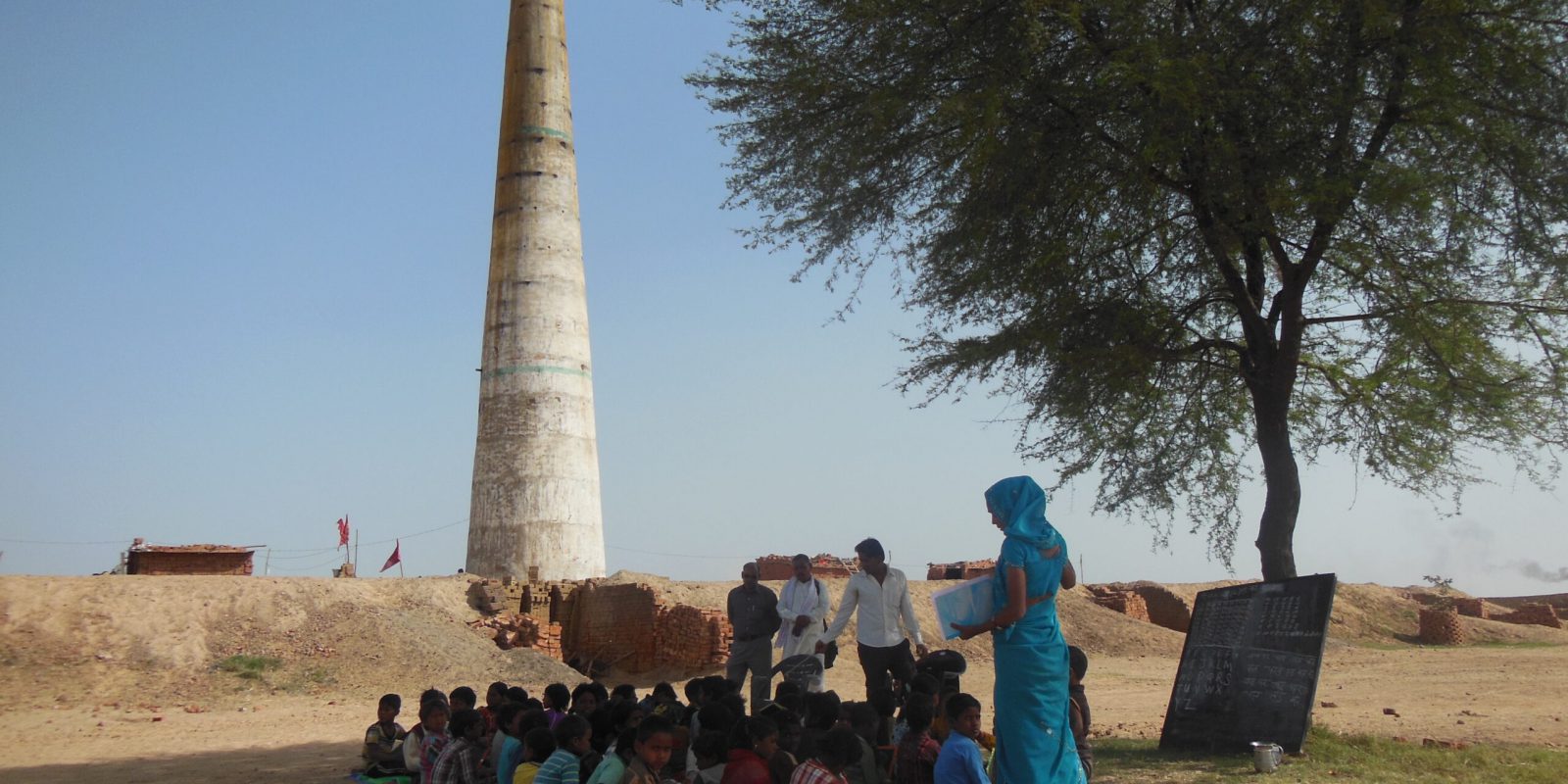
Kumarappa Gram Swaraj Sansthan
(@Kumarappa Institute of Gram Swaraj)
Making Sustainable Development Happen
WHO WE ARE
Kumarappa Institute of Gram Swaraj was established on 4th of January 1967 (75th birth anniversary of Shri J.C. Kumarappa) with the sole aim of social transformation based on Gandhian principles of decentralized, unexploitative, cooperative, self-reliant and peaceful living. Economics of peace and permanence, as envisaged by Kumarappa, has been the guiding principle of this Institute.
We aim to make sustainable development a reality, particularly for the poorest of the poor, by transforming decision making into action. We are not so much a think tank, as a think-and-do-tank: for us positive action, leading to real long-term solutions, follows from our grassroots experiences.

Dr. J.C. Kumarappa
Kumarappa was born in a devout Christian family on January 4, 1892 and named Joseph Chelladurai Cornelius. He was the sixth child of Mr. Solomon Doraisamy, an officer in the Public Works Department of Government of Madras and Mrs. Easther Rajanayagam, a pious housewife, at Tanjore in Tamil Nadu. Mrs. Easther hailed from an educated and well-known family of poet Vedanayagam Sastriar.
Our Vision
KIGS visualises a just and equitable society in which sustainable development can thrive. KIGS also envisages a society where the poor, the marginalised and under privileged have an equal opportunity for involvement in a development process which is value based and sustainable – and also have an appropriate environment to develop their potential to its fullest.
Our Mission
The Mission of this Institute is to act through realistic, innovative and sustainable interventions for building a capacity for Self Governance at grassroots level as propounded by Mahatma Gandhi in Gram Swaraj. Hence our primary objective is to empower the people through Gram Sabha (Rural Self-Governance System) and Institution building.
Priority is given to women, children and socially and economically weaker sections viz., Scheduled Castes, Scheduled Tribes, small and marginal farmers. Working for the holistic and sustainable development of these people we can contribute to a more secure, equitable and prosperous society.
OUR OBJECTIVES
KIGS objective is to develop the tools to eventually enable people to meet their own needs. To do this, we concentrate our efforts on five priority areas:
1. To Facilitate empowerment of Gram Sabha (rural self-governance system) to promote democracy and better governance and to strengthen both civil society and the security of the individual.
2. To Support the full participation of women as equal partners in the sustainable development of their societies.
3. To Study, research and evaluate rural problems and also the impact of the development programmes.
4. To Help sustainable natural resource management which would reduce poverty and inequality and improve livelihoods. It includes working on sustainable agriculture, organic farming, animal husbandry, land use, rural technology and soil and water management.
5. To Strengthen grassroots capacities by building confidence, problem solving capacities, resilience and skills among local people.




